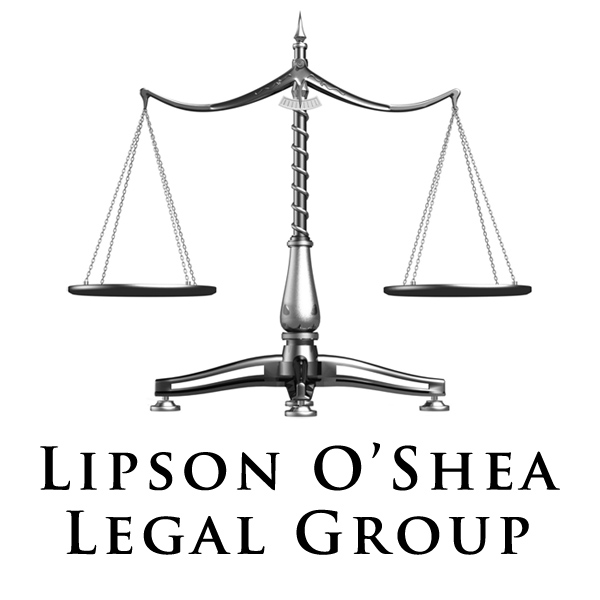Many folks here in Ohio (and in other parts of the country) have been paying close attention to the murder trial of Anthony Sowell – a man accused of kidnapping and murdering (and then dismembering or burying) 11 women in and around his home in Cleveland, Ohio. His trial lasted many weeks, included many witnesses and exhibits and cost much taxpayer money. But the same law that applies to all death penalty murder cases (cases involving much less instances of murder and far less witnesses) applied in this horrible case as well. In summary, that law and the procedure in a death penalty case goes like this.
First, in order to be prosecuted for “capital murder” (i.e. death penalty murder) in Ohio, the defendant must be officially charged – in a very specific indictment - with capital murder. These death penalty “specifications” (as they are called) must be written into the indictment in a very specific way and presented to the defendant.
Second, even after the prosecution proves the elements of aggravated murder, they still have to also prove one or more of the following in order to put a defendant on death row:
(a) the killing was essentially a political assassination of the President, Vice- President, Governor, or Lieutenant Governor (or any candidate for that office);
(b) the killing was for hire;
(c) the killing was done in order to prevent the killer from being detected, apprehended, arrested or prosecuted;
(d) the killing was done while the killer was in prison/detention facility;
(e) the killing was done in an attempt to kill 2 or more people;
(f) the killing was of a police officer;
(g) the killer was committing, attempting to commit, or fleeing immediately after committing or attempting to commit kidnapping, rape, aggravated arson, aggravated robbery, or aggravated burglary;
(h) the killing was of a witness to a crime;
(i) the killing was of a person under 13-years of age; or
(j) the killing was part of an act of terrorism.
The prosecution must prove many (but not all) of these types of murders where done with “prior calculation and design” (i.e. premeditation). The common jury instruction on prior calculation and design is as follows:
A person acts with prior calculation and design when, by engaging in a distinct process of reasoning, he forms a purpose to kill and plans the method he intends to use to cause death. The circumstances surrounding the homicide must show a scheme designed to carry out the calculated decision to cause the death. No definite period of time must elapse and no particular amount of consideration must be given, but acting on the spur of the moment or after momentary consideration of the purpose to cause the death is not sufficient.
Third, even after the prosecution has done the foregoing (and successfully completed what is called the “guilt phase” of a capital murder trial), the prosecution must then prove that any “mitigating factors” surrounding the defendant’s life and the crime are "outweighed" by the “aggravating circumstances” of the crime. This is called the “mitigation phase" of a capital case, and can often take much longer than the guilt phase. In many instances, the jury gets a few days or a week off after the guilt phase of the trial before the commencement of the mitigation phase of the trial. It is during this mitigation phase that the prosecution must essentially prove that the horribleness of the killing outweighs whatever “mitigating” facts that exist about the defendant’s life and the crime. The lawyers for the defendant will try to show how the crime itself was peculiar and that the defendant’s past and present life experiences (mostly beyond his control) ended up creating the person who committed the crime - in an effort to show how this defendant could have committed such a horrible act. They will present persons who knew the defendant while growing up and mental health professionals to describe why the defendant ended up the way as he did. However, if the prosecution can prove and argue that the aggravating circumstances outweigh these mitigating factors, then there will be a recommendation of death. The Judge then has the option of accepting that recommendation or not (although the assigned judge almost always indeed follows that recommendation).
This is a very short summary of the law and procedure of an Ohio death penalty trial. There are many other nuances and specifics that exist in this area of Ohio law, and the appellate case law that has been generated from these cases totals in the thousands of pages.
Mr. Sowell’s trial followed this long process over many weeks. The trial and sentencing process are now completed, and now the very long appeals process will get underway. This will go on for many years to come. We will try to monitor the process for our readers here.



